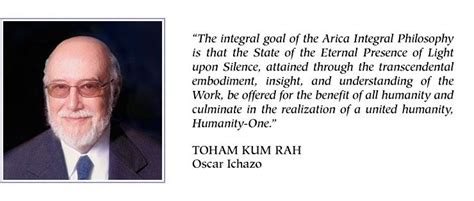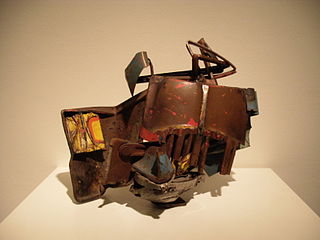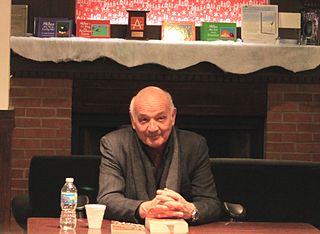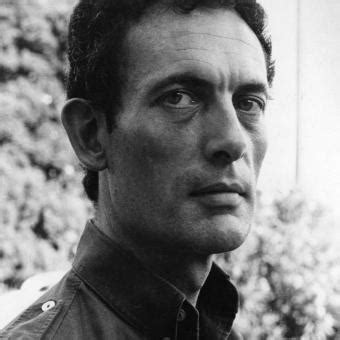A Quote by Marshall A. Cohen
The title which I most covet is that of teacher. The writing of a research paper and the teaching of freshman calculus, and everything in between, falls under this rubric. Happy is the person who comes to understand something and then gets to explain it.
Related Quotes
Of all the art forms, poetry is the most economical. It is the one which is the most secret, which requires the least physical labor, the least material, and the one which can be done between shifts, in the hospital pantry, on the subway, and on scraps of surplus paper. ... poetry has been the major voice of poor, working class, and Colored women. A room of one's own may be a necessity for writing prose, but so are reams of paper, a typewriter, and plenty of time.
We have to distinguish between a man as he is in essence, and as he is in ego or personality. In essence, every person is perfect, fearless, and in a loving unity with the entire cosmos; there is no conflict within the person between head, heart, and stomach or between the person and others. Then something happens: the ego begins to develop, karma accumulates, there is a transition from objectivity to subjectivity; man falls from essence into personality.
There was an email forwarded to me from a first-grade teacher, and she said she was teaching them civil rights for MLK weekend, and a little first-grader stood up, and he said, 'I can explain segregation,' and proceeded to explain all the scenes from 'Hidden Figures.' And I died because that's everything.
The purpose of studying Buddhism is not to study Buddhism, but to study ourselves. That is why we have teaching. But the teaching is not ourselves. It is some explanation of ourselves. To study the teaching is to know yourselves. That is why we do not ever attach to the teaching, or to the teacher. The moment you meet a teacher you should leave the teacher, and you should be independent. You want a teacher so that you can be independent. So you study yourselves. You have the teacher for yourselves, not for the teacher.
My notion of a failed writing workshop is when everybody comes out replicating the teacher and imitating as closely as possible the great original at the head of the table. I think that's a mistake, in obvious opposition to the ideal of teaching which permits a student to be someone other than the teacher. ... The successful teacher has to make each of the students a different product rather than the same.
In studying music, you're dealing with a person, not just what comes to you on a piece of paper, and it's important to get hold of what it is that lies between that person as a person, and the things which they're producing on the paper. I don't know whether I see things in too complex a fashion, but often people will do things which are not actually their nature, but will do things because they think that's what they should do.
You don't realize how language actually interferes with communication until you don't have it, how it gets in the way like an overdominant sense. You have to pay much more attention to everything else when you can't understand the words. Once comprehension comes, so much else falls away. You then rely on their words, and words aren't always the most reliable thing.
I do my best writing between 10 p.m. and 5 a.m.. Almost every friend I have who is a consistently productive writer, does their best writing between 10 p.m. and 8 a.m. My quota is two crappy pages per day. I keep it really low so I'm not so intimidated that I never get started. I will do the gathering of interviews and research throughout the day. I'll get all my notes and materials together and then I'll do the synthesis between 10 p.m. to bed, which is usually 4 or 5 a.m.

































